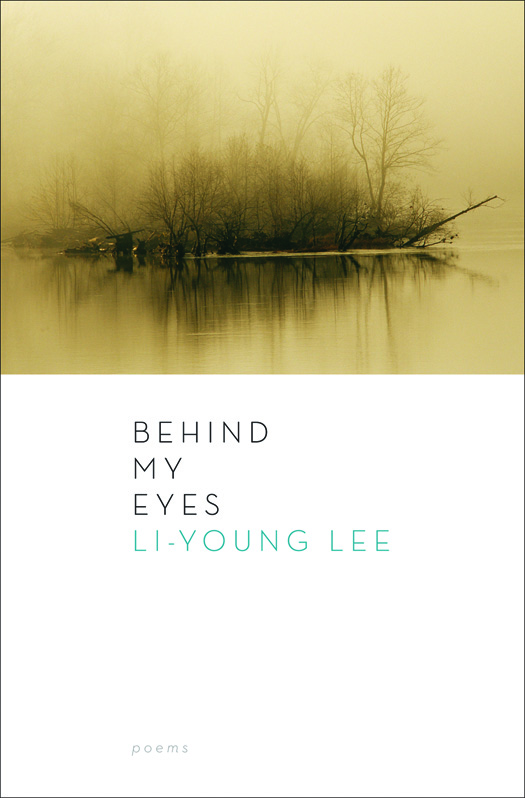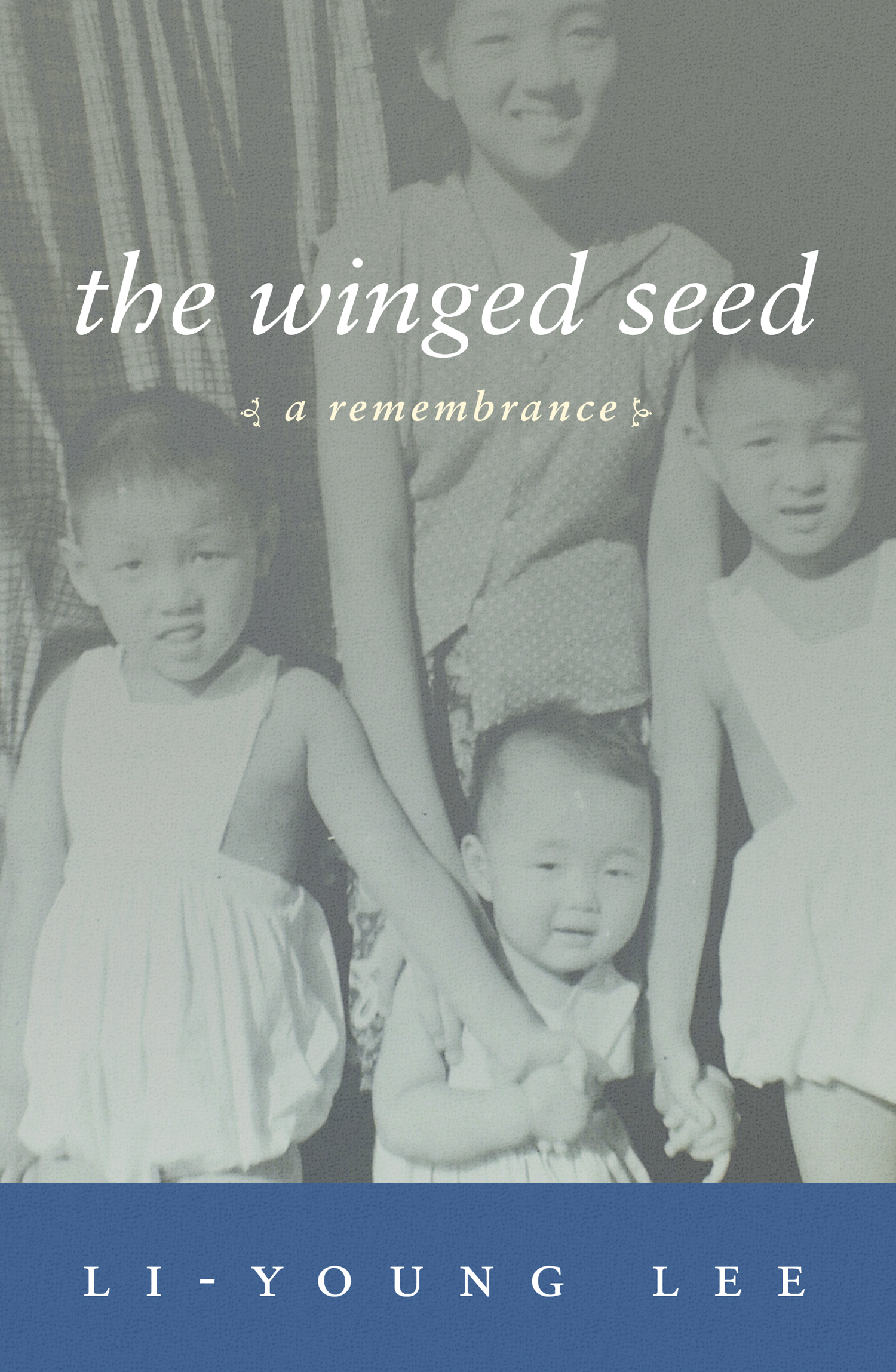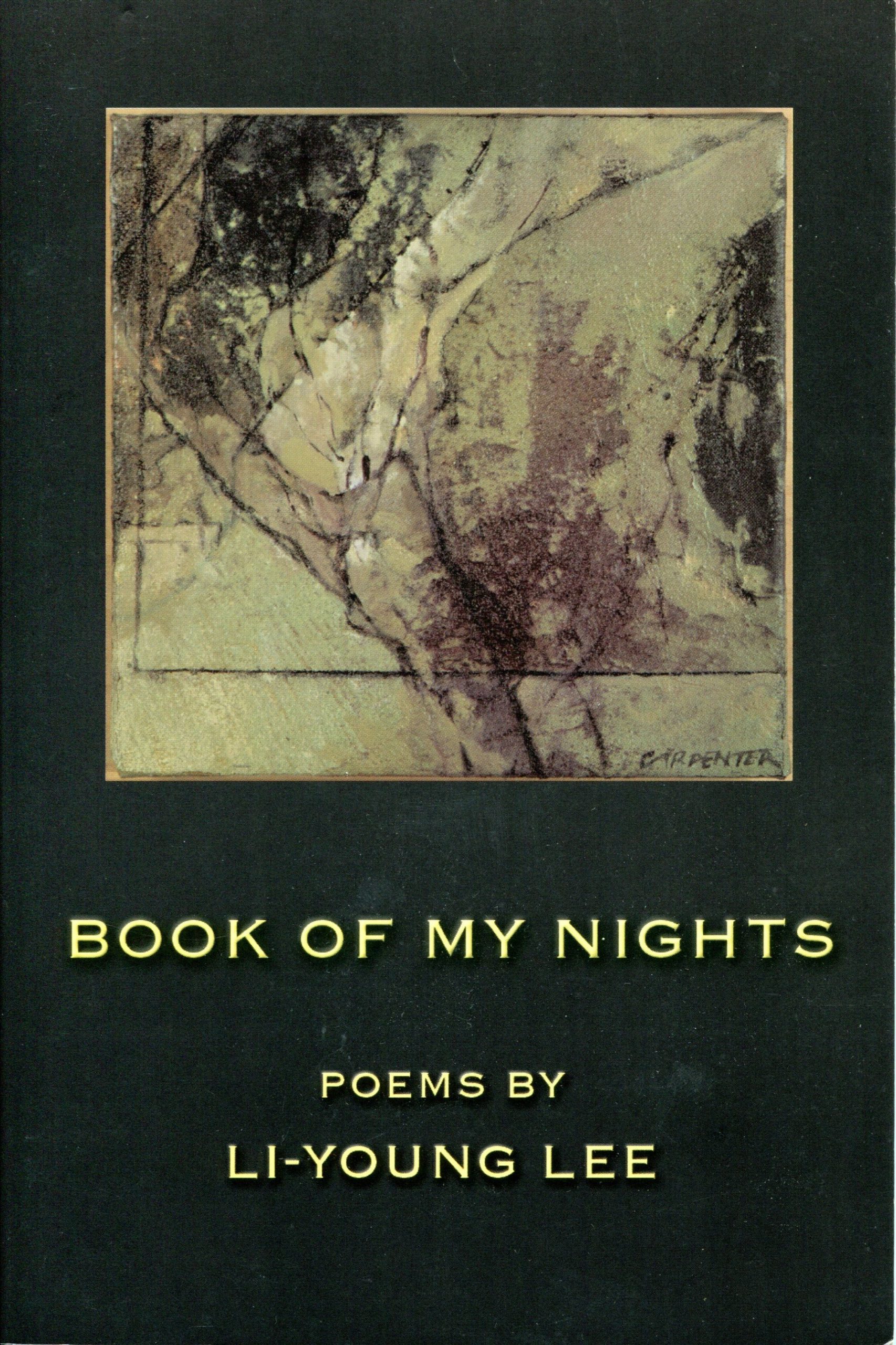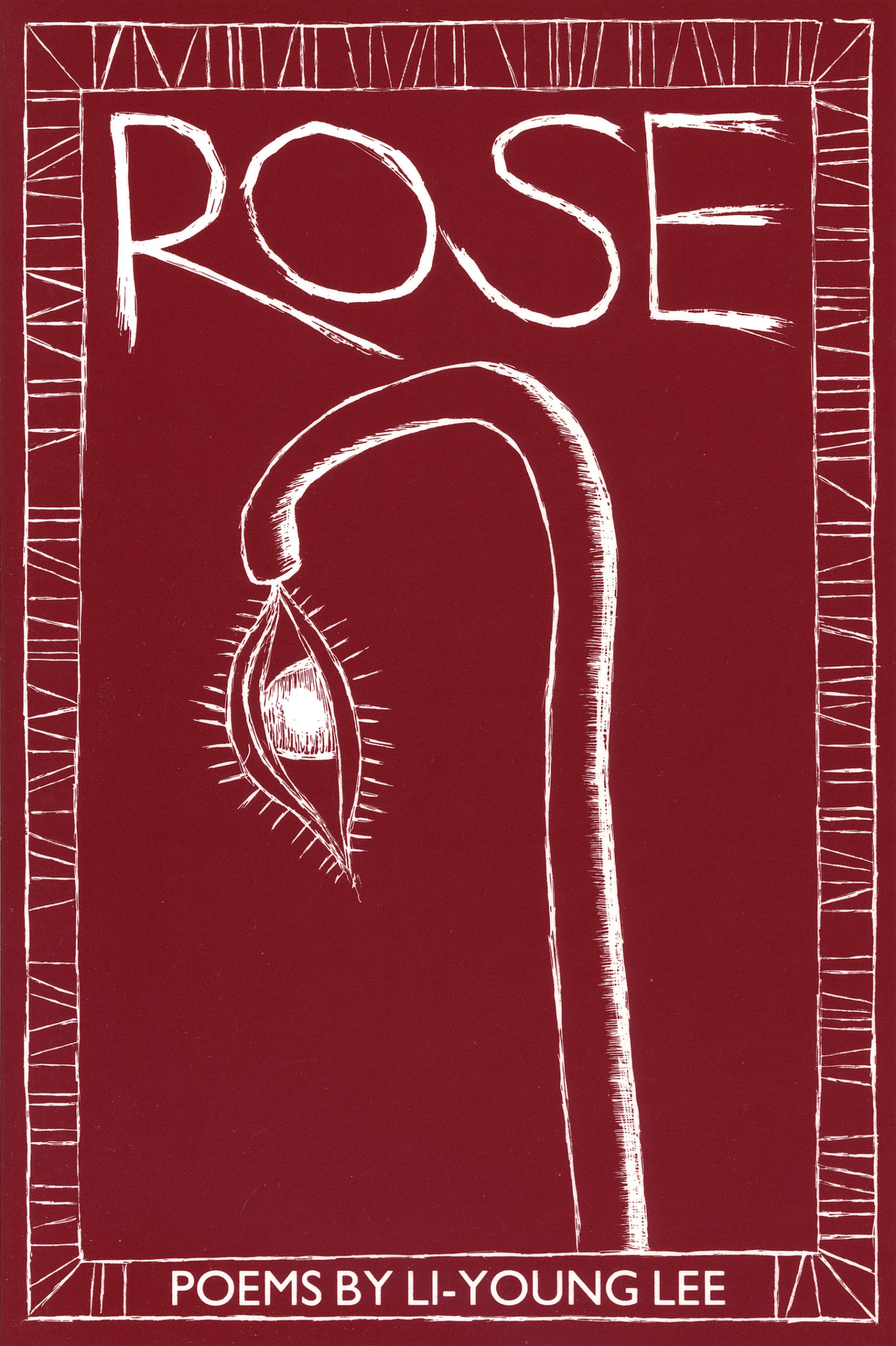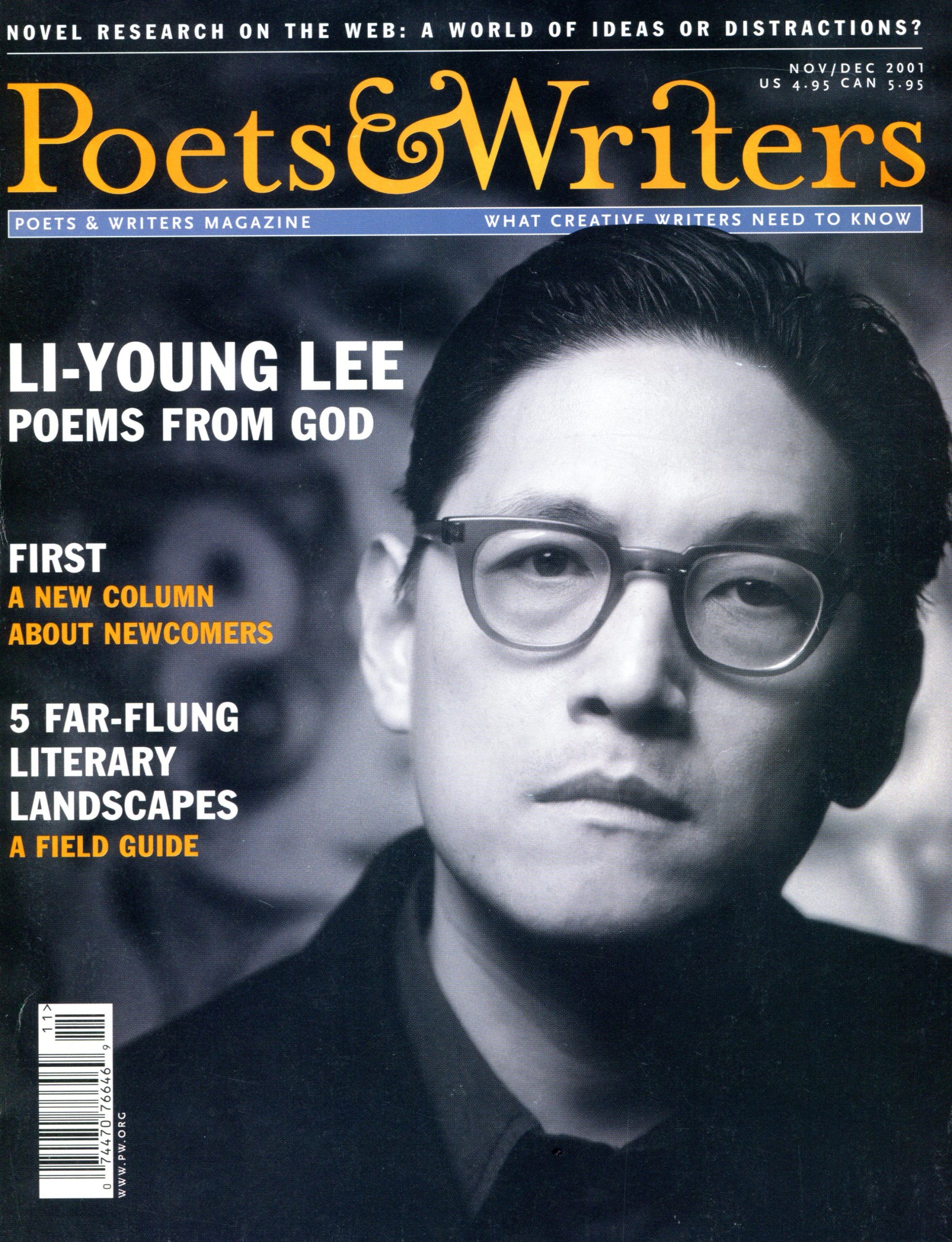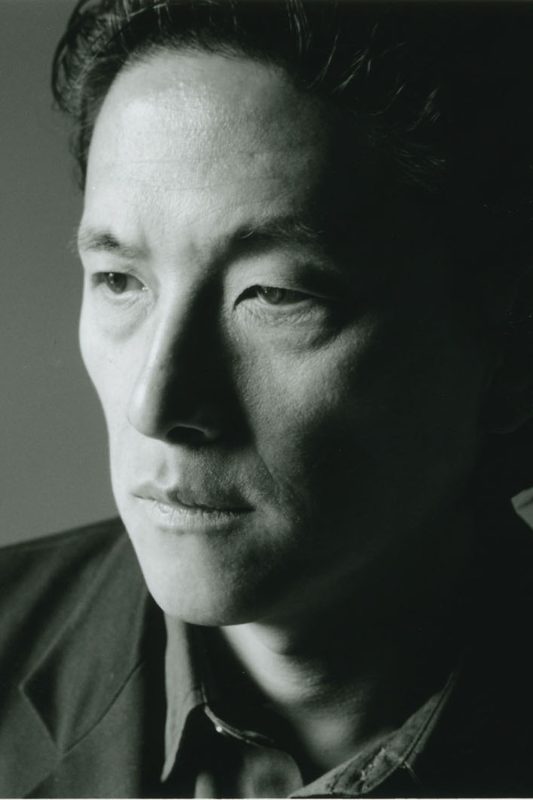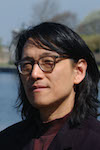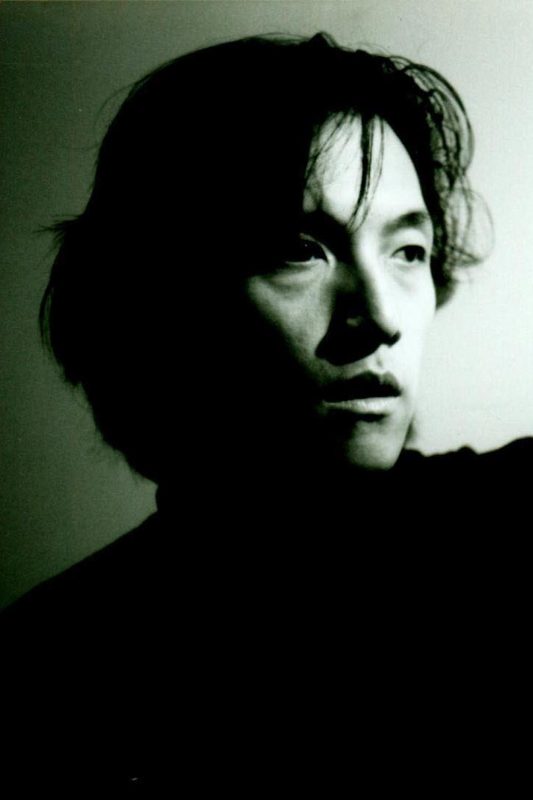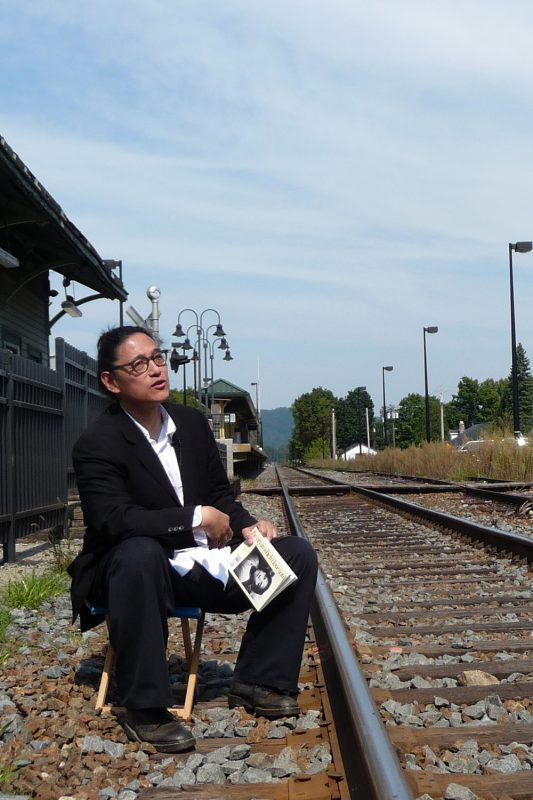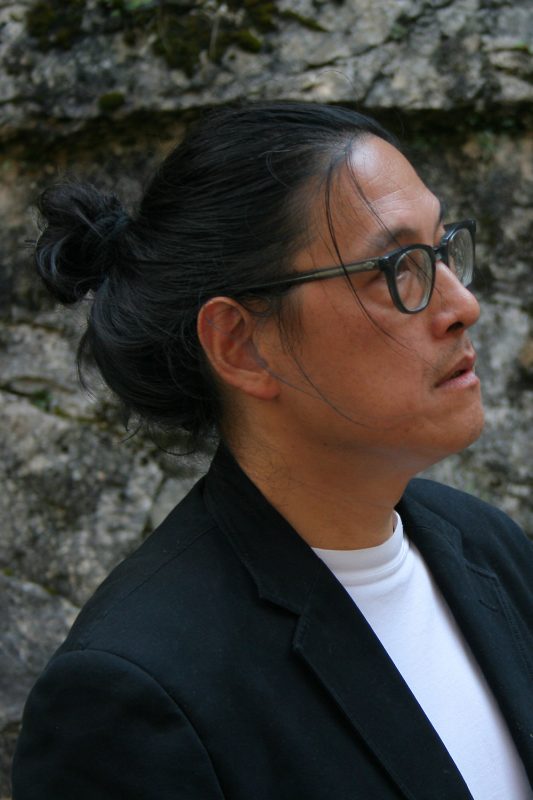
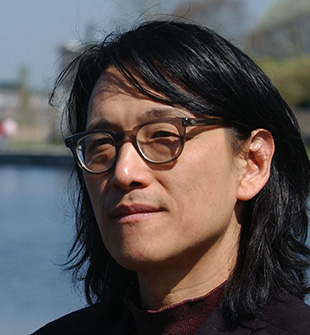
Li-Young Lee
Award-winning Poet & Translator
American Book Award
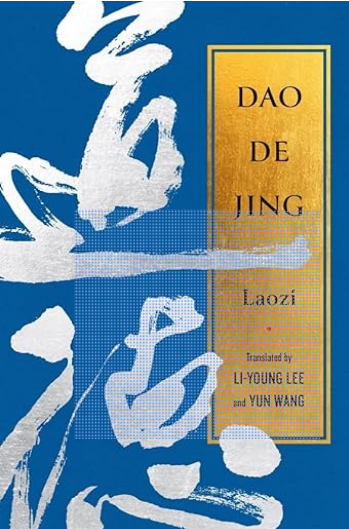
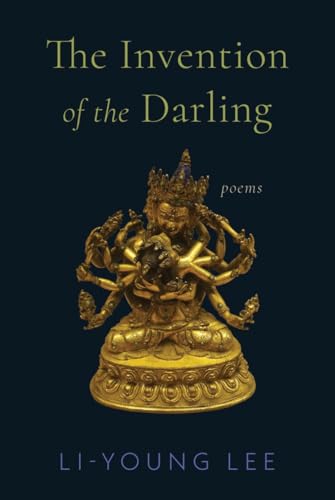
Readings &
Lecture Topics
- An Evening with Li-Young Lee
Biography
“What characterizes Lee’s poetry is a certain humility…a willingness to let the sublime enter his field of concentration and take over, a devotion to language, a belief in its holiness.” —Gerald Stern
“Lee’s lyrics have a tidal sweep as he moves between the universe within and the world without.” ―Booklist
Li-Young Lee is the author of six critically acclaimed books of poetry, most recently The Invention of the Darling (W. W. Norton, 2024), The Undressing (W.W Norton, 2018), Behind My Eyes (W.W. Norton, 2008), and a chapbook The Word From His Song (BOA Editions, 2016). His earlier collections are Book of My Nights (BOA Editions, 2001); Rose (BOA, 1986), winner of the Delmore Schwartz Memorial Award from New York University; The City in Which I Love You (BOA, 1991), the 1990 Lamont Poetry Selection; and a memoir entitled The Winged Seed: A Remembrance (Simon and Schuster, 1995), which received an American Book Award from the Before Columbus Foundation and was reissued by BOA Editions in 2012. His translation of the Dao De Jing is forthcoming in October 2024.
Lee’s honors include fellowships from the National Endowment for the Arts, The Lannan Foundation, and the John Simon Guggenheim Memorial Foundation, as well as grants from the Illinois Arts Council, the Commonwealth of Pennsylvania, and the Pennsylvania Council on the Arts. He is winner of the 2024 Ruth Lilly Poetry Prize, and in 1988 he received the Writer’s Award from the Mrs. Giles Whiting Foundation. He is also featured in Katja Esson’s documentary, Poetry of Resilience.
Li-Young Lee’s collection, The Undressing, investigates the violence and dispossession increasingly prevalent around the world, as well as the horrors he grew up with as a child of refugees. Lee draws from disparate sources, including the Old Testament, the Dao De Jing, and the music of the Wu Tang Clan. While the ostensive subjects of these layered, impassioned poems are wide-ranging, their driving engine is a burning need to understand our collective human mission. Most recently, he just finished co-translating The Dao De Jing, which will be forthcoming with W. W. Norton in 2024.
Born in 1957 of Chinese parents in Jakarta, Indonesia, Lee learned early about loss and exile. His great grandfather was China’s first republican President; and his father, a deeply religious Christian, was physician to Communist leader Mao Tse-Tung. After the establishment of the People’s Republic of China in 1949, Lee’s parents escaped to Indonesia. In 1959, his father, after spending a year as a political prisoner in President Sukarno’s jails, fled Indonesia with his family to escape anti-Chinese sentiment. After a five-year trek through Hong Kong, Macau, and Japan, they settled in the United States in 1964.
Through the observation and translation of often unassuming and silent moments, the poetry of Li-Young Lee gives clear voice to the solemn and extraordinary beauty found within humanity. By employing hauntingly lyrical skill and astute poetic awareness, Lee allows silence, sound, form, and spirit to emerge brilliantly onto the page. His poetry reveals a dialogue between the eternal and the temporal, and accentuates the joys and sorrows of family, home, loss, exile, and love. In “The City In Which I love You,” the central long poem in his second collection, Li-Young Lee asks, “Is prayer, then, the proper attitude / for the mind that longs to be freely blown, / but which gets snagged on the barb / called world, that / tooth-ache, the actual?” Anyone who has seen him read will add that Lee is also one of the finest poetry readers alive.
He lives in Chicago with his wife Donna and their two sons.
Short Bio
Li-Young Lee is the author of six books of poetry, including his newest collection, The Invention of the Darling. His earlier collections are The Undressing, Behind My Eyes; Book of My Nights; Rose, winner of the Delmore Schwartz Memorial Award; The City in Which I Love You, the 1990 Lamont Poetry Selection; and a memoir entitled The Winged Seed: A Remembrance, which received an American Book Award from the Before Columbus Foundation and will be reissued by BOA Editions in 2012. Lee’s honors include fellowships from the National Endowment for the Arts, The Lannan Foundation, and the John Simon Guggenheim Memorial Foundation, as well as grants from the Illinois Arts Council, the Commonwealth of Pennsylvania, and the Pennsylvania Council on the Arts.
Videos
Publications
Dao De Jing
Translation, 2024
This bold new translation by two brilliant poets offers a contemporary perspective on a timeless masterpiece of Daoist scripture, introducing the Dao De Jing to a new audience while retaining the majesty of the Chinese original. Composed of eighty-one short poems written by the sage Laozi in 400 BC, the Dao De Jing is one of the pillars of Chinese thought, the ultimate “wisdom book” with influence that has spread to the Western world. It can be read as philosophical instructions for living, equally applicable to the recluse and to the aspiring leader of nations.
Acclaimed poet Li-Young Lee and poet and scholar Yun Wang illuminate the Dao De Jing as a unified work of art, with a stunning combination of fathomless depths, enlightening insight, and vivid beauty. Based on extensive study of ancient Chinese language as well as contemporary scholarship on the Dao De Jing, this revelatory and faithful translation―presented alongside the original Chinese text―reveals its enduring teachings in their profound simplicity, subtlety, and balance.
The Invention of the Darling
Poetry, 2024
“The poet of rapture and tenderness” (Major Jackson, American Poets), Li-Young Lee speaks these poems with the intimacy and primacy of a whisper, as if from a lover to a beloved, or a believer to God. Each poem in The Invention of the Darling is a mysterious conjunction of spirit and matter, movement and stillness, the divine and the mundane, the sacred and the forbidden. They yearn for holistic union with The Beloved, every sentence another name for The Beloved, every poem another way to say “I love you.” Forged in awe of life and love, these poems emerge from the unlit depths of our earthly, material desires and our deepest fears of mortality.
The Undressing
2018
A tonic for spiritual anemia, Li-Young Lee’s new collection attempts to uncover things hidden since the dawn of the world. Short of achieving that end, these mysterious, unassuming poems investigate the human violence and dispossession increasingly prevalent around the world, as well as the horrors that the poet grew up with as a child of refugees. Lee draws from disparate sources, including the Old Testament, the Dao De Jing, and the music of the Wu Tang Clan. While the ostensive subjects of these layered, impassioned poems are wide- ranging, their driving engine is a burning need to understand our collective human mission.
Behind My Eyes
Poetry, 2008
A highly anticipated collection from one of the most powerful voices at work in America today. Combining sensitivity and eloquence with a broad appeal, Li-Young Lee walks in the footsteps of Stanley Kunitz and Billy Collins as one of the most beloved poets in the US. Playful, erotic, at times mysterious, his work describes the immanent value of everyday experience. Straightforward language and simple narratives become gateways to the most powerful formulations of beauty, wisdom, and divine love.
A Publishers Weekly review states, “In Lee’s fourth collection, timely immigration issues drive such poems as Self-Help for Fellow Refugees, but Lee swiftly folds them into broader inquiries about inheritance, memory and loss: you’ll remember your life, he advises, as a book of candles,/ each page read by the light of its own burning. Lee’s late father appears in the light of his evangelical Christian beliefs, his mother and sister as cherished links to childhood. Biblical allusions enliven an otherwise spare verbal world, while aphorisms and spiritual advice strike a note reminiscent of Rumi: Every wise child is sad. Every wind-strewn flower is God tearing God. Rarely subtle, Lee can nevertheless be concise: every line bears the weight of long meditation, sometimes even of wisdom.”
The Word from His Song
2016
Printed in honor of BOA Editions’ 40th anniversary in 2016, this exclusive, limited edition chapbook features eight new poems by Li-Young Lee, bound together with a beautifully designed letterpress cover.
Articles & Audio
Read What’s In Print
• Some of the Most Influential Asian American Literature of All Time – Bookriot
• Li-Young Lee Articulates Life’s Uncertainties – The LA Times
• Poetry of Passion Laid Bare – The New Yorker
• Li-Young Lee’s The Undressing Explores Life’s Paradoxes – ChicagoMag
• Review of Behind My Eyes — Valparaiso Poetry Review
• Review of The Winged Seed: A Remembrance — Rattle
• Review of Book of My Nights — Publishers Weekly
• Interview with Li-Young Lee — Poets & Writers
• Interview with Li-Young Lee — The Sun Magazine
Listen to Audio
• A poem by Li-Young Lee “From Blossoms” – Poetry Unbound
• When Poetry Meets the Sitar – WUNC
• Processing Violence and the Beauty of Human Connection – NPR
• Li-Young Lee Reads “Changing Places in the Fire”- Poetry Magazine Podcast
Selected Writings
• “The Invention of the Darling” by Li-Young Lee – Narrative Magazine
• Read Li-Young Lee’s title poem “The Undressing”
TO LIFE
Who hasn’t thought, “Take me with you,”
hearing the wind go by?
And finding himself left behind, resumed
his own true version of time
on earth, a seed fallen here to die
and be born a thing promised
in the one dream
every cell of him has dreamed headlong
since infancy, every common minute has served.
Born twice, he has two mothers, one who dies, and one
the mortar in which he’s tried. His double
nature cleaves his eye, splits his voice.
So if you hear him say, while he sits at the bed
of one mother “Take me home,”
listen closer. To life,
he says, “Keep me at heart.”
—from Behind My Eyes
LITTLE FATHER
I buried my father
in the sky.
Since then, the birds
clean and comb him every morning
and pull the blanket up to his chin
every night.
I buried my father underground.
Since then, my ladders
only climb down,
and all the earth has become a house
whose rooms are the hours, whose doors
stand open at evening, receiving
guest after guest.
Sometimes I see past them
to the tables spread for a wedding feast.
I buried my father in my heart.
Now he grows in me, my strange son,
my little root who won’t drink milk,
little pale foot sunk in unheard-of night,
little clock spring newly wet
in the fire, little grape, parent to the future
wine, a son the fruit of his own son,
little father I ransom with my life.
—from Book of My Nights


